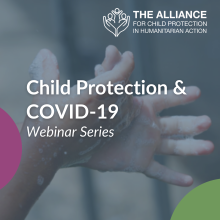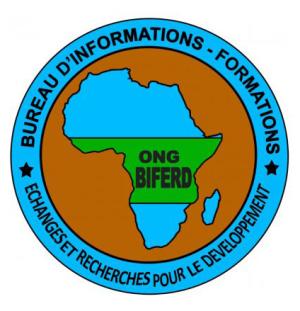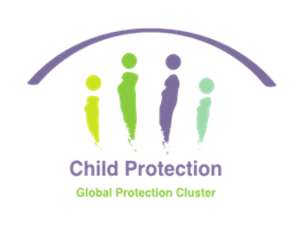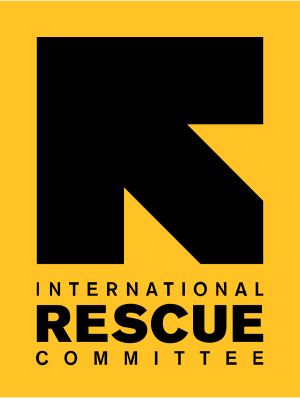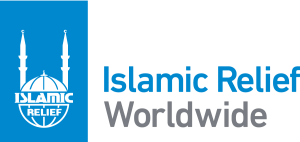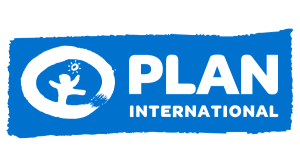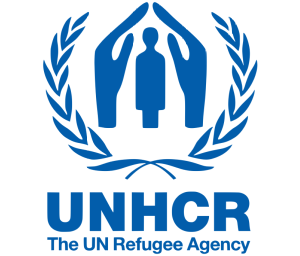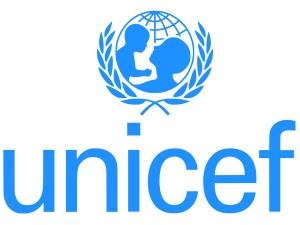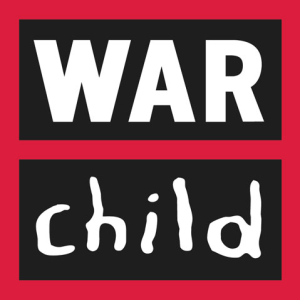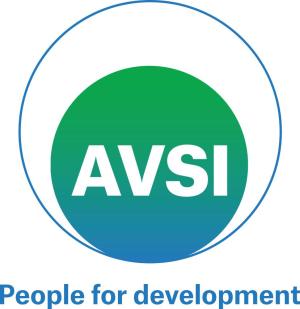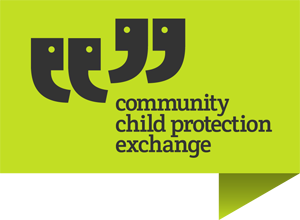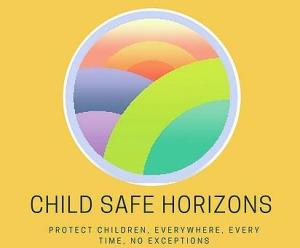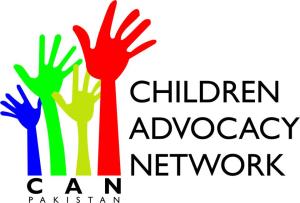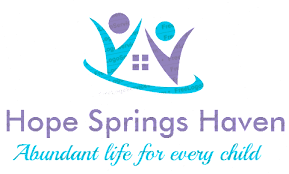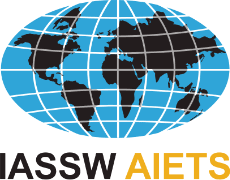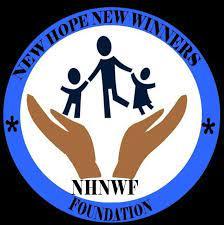
Dirigé par: World Vision et Plan International
Notre mission
Renforcer la base de données factuelles pour la programmation de la protection de l'enfance au niveau communautaire, en répertoriant les pratiques innovantes et prometteuses, et en développant des conseils et des ressources basées sur l'apprentissage, pour le renforcement des capacités.
Principales priorités du groupe spécialisé "Protection de l'enfance au niveau communautaire"
- Renforcer la compréhension du Standard 17 et des orientations inter-agences correspondantes parmi les acteurs de la protection de l'enfance.
- Faciliter l'accès des acteurs de la protection de l'enfance et des autres parties prenantes concernées aux orientations et outils inter-agences pour la mise en œuvre du Standard 17.
- Améliorer l'apprentissage et les données factuelles sur les approches au niveau communautaire.
- Soutenir l'initiative conjointe "Engagement communautaire dans la gestion des cas" des groupes spécialisés "Protection de l'enfance au niveau communautaire" et "Gestion des cas" à travers les étapes d'apprentissage, de développement, de pilotage et de diffusion.
Task Force Member Organisations
Key Tools
Community-level Child Protection Task Force - Offer of Support
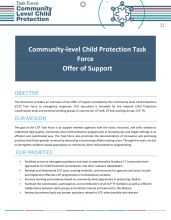
This Offer of Support outlines how the Community-level Child Protection (CCP) Task Force supports member agencies by providing the tools, resources, and skills needed to implement high-quality, community-level child protection programmes in humanitarian and fragile settings in an efficient and coordinated way.
It highlights the CCP Task Force's mission, priorities, and the practical support
Theory of Change for Community-level Child Protection Programming in Humanitarian Action

This Theory of Change (ToC) has been developed by the Community-level Child Protection (CCP) Task Force of the Alliance for Child Protection in Humanitarian Action (the Alliance). It is designed to build a common understanding amongst humanitarian agencies on the core
objective of CCP programming: ‘Reaching higher levels of community ownership for the protection of children in their communities in
Resources
Community Child Protection Volunteer Toolkit and Training Manual
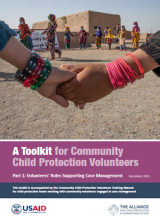
Report | Community Engagement in Case Management
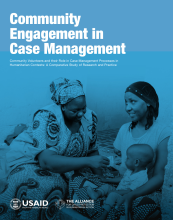
REPORT | MENTAL HEALTH AND PSYCHOSOCIAL SUPPORT FOR CHILDREN IN HUMANITARIAN SETTINGS: AN UPDATED REVIEW OF EVIDENCE AND PRACTICE, 2020
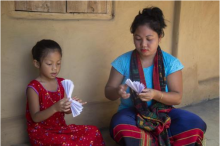
Community-Level Child Protection Online Learning Series
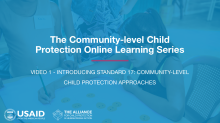
Working with Communities to Keep Children Safe, v.1.1
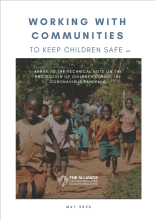
A Reflective Field Guide: Community-level Approaches to Child Protection in Humanitarian Action
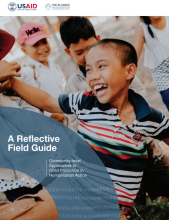
Capacity-Building Package | Strengthening Community-level Child Protection in Humanitarian Action

Summary: Community Based Child Protection in Humanitarian Action Definitions and Terminology

Media
Video | Reflecting on Current Community-Level Programming (Video 2)
Video | The Reflective Field Guide: Community-level Approaches to CP in Humanitarian Action (Video 4)
Video | Introducing Standard 17: Community-level Approaches (Video 1)
Video | Community-level CP in Humanitarian Action: The Need for a Shift in Mindset (Video 3)
Strengthening Community Based Child Protection in Humanitarian Settings: PowerPoint
Webinars
Webinar | New Ways of Working - Theory of Change for Community-level Child Protection Programming in Humanitarian Settings

Global Launch | Community Volunteer Toolkit and Training Manual: Part 1. Volunteers’ Roles in Case Management
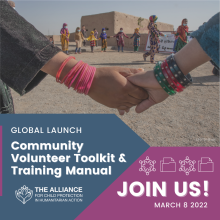
Webinar | Virtual Launch of the Community Engagement in Case Management Study
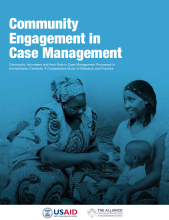
Webinar | Working with Communities to Keep Children Safe in Times of COVID-19
